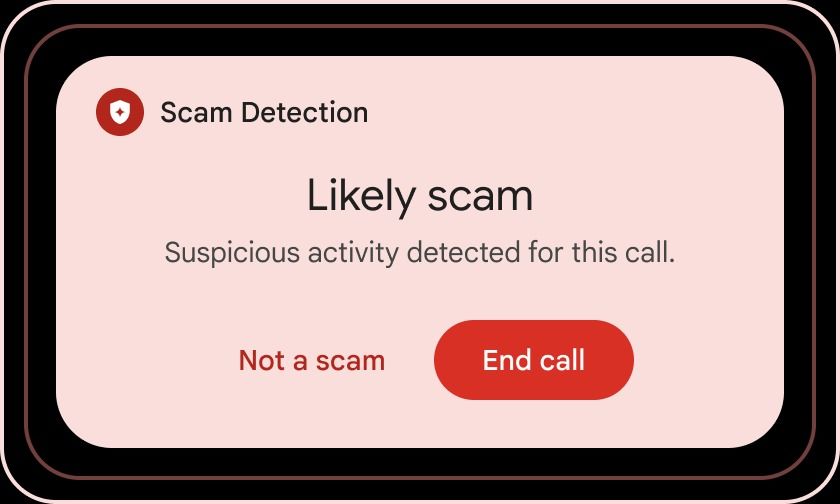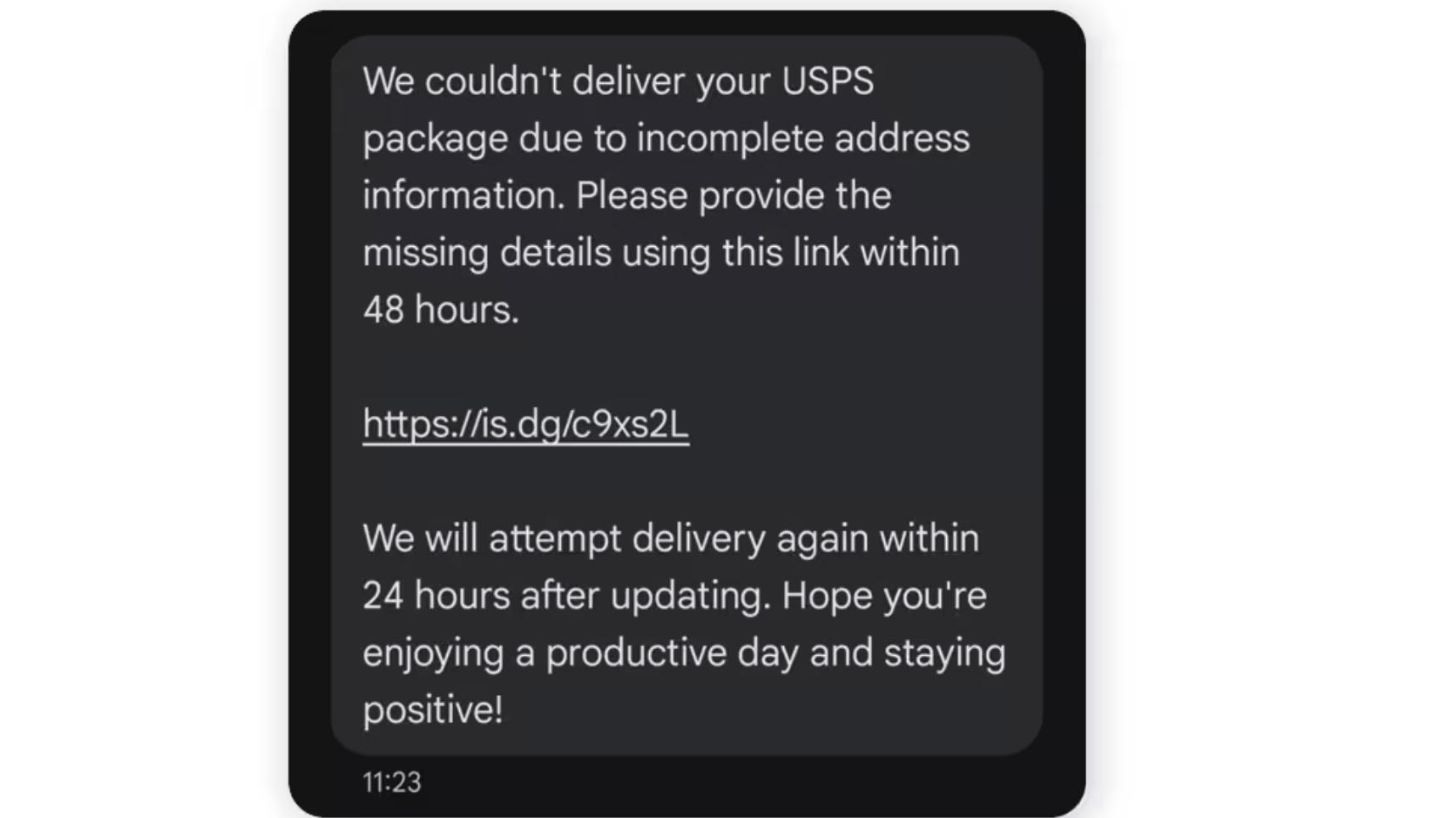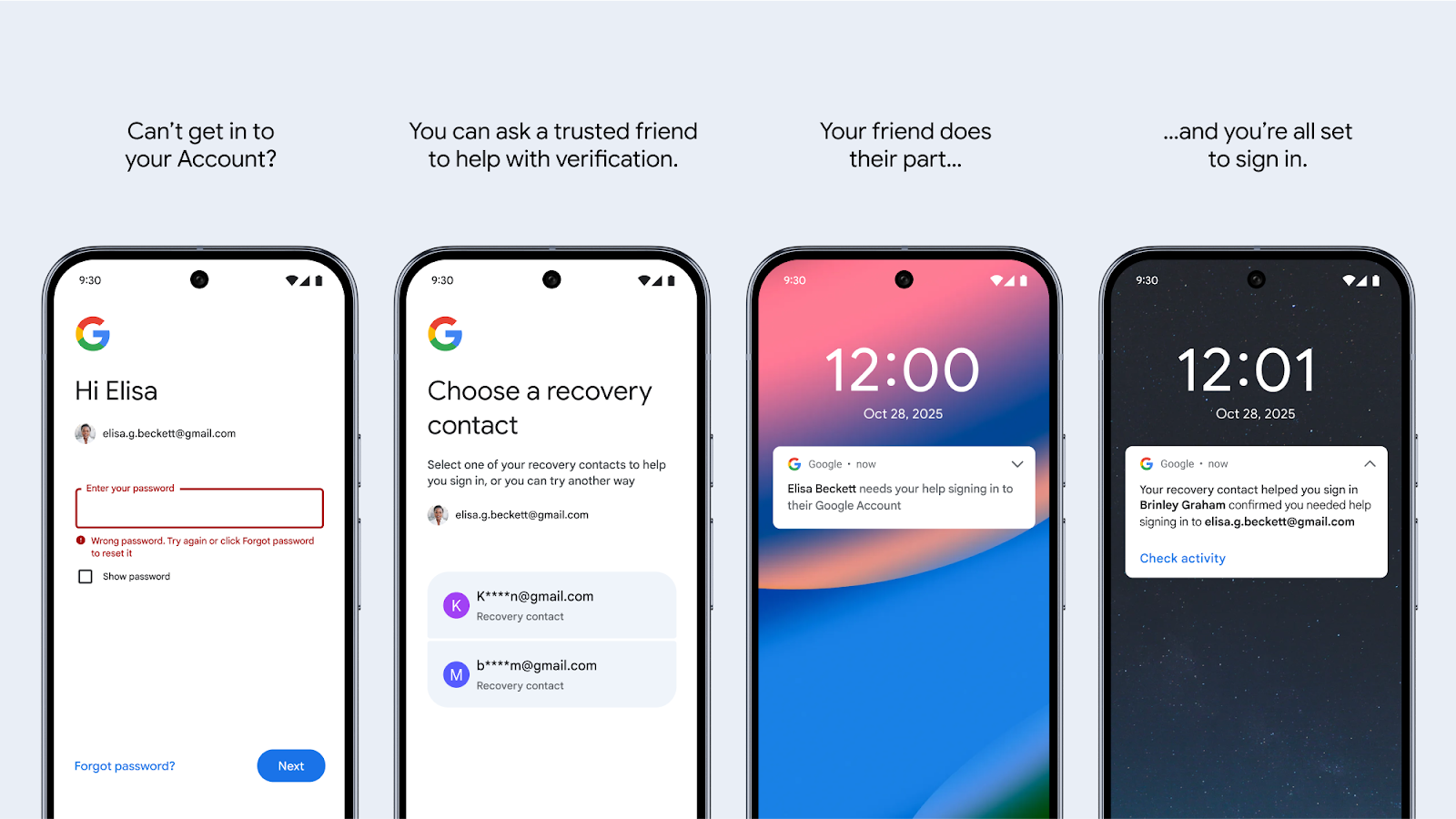
What you need to know
- Google files lawsuit against 'Lighthouse' Phishing-as-a-Service affecting over 1 million victims worldwide.
- Company advocates for bipartisan legislation to combat scam threats in the U.S. Congress.
- New tools introduced by Google to help users recognize and avoid scams effectively.
Google announced this week that it is pursuing legal action against the most common yet sophisticated global scam that has tricked many out of millions of dollars. Yes, we're talking about those annoying texts you receive about a 'stuck package' from USPS or an "unpaid road toll" that needs your urgent attention.
These scams get victims into clicking a link and sharing personal information, often by illegally using the trademarks and logos of established companies like Google to make the fraudulent websites look like the real deal. So here's what Google is doing to fight these scams.

The tech giant has filed a lawsuit to completely shut down a major criminal infrastructure called "Lighthouse," which is a "Phishing-as-a-Service" kit that helped criminals perform these smishing (SMS- phishing) attacks. Google says that this scam has hurt over 1 million victims in more than 120 countries.
"We are bringing claims under the Racketeer Influenced and Corrupt Organizations Act, the Lanham Act, and the Computer Fraud and Abuse Act to shut it down, protecting users and other brands," the Keyword added.
In addition to courtroom battles, Google is advocating for stronger legislation (new laws) in the U.S. Congress to address the broader scam threat. "We are collaborating with policymakers and are today announcing our endorsement of key bipartisan bills in the U.S. Congress."
This includes the GUARD Act to help law enforcement fight scams targeting retirees, the Foreign Robocall Elimination Act to block illegal international calls, and the SCAM Act to counter organized scam compounds and help victims of trafficking within them.

That said, at the ground level, Google recently launched a couple of tools designed to help users not only avoid scams but also spot them before it's too late. For instance, Google Messages will "warn you when you click on any links within it and stop you from visiting the potentially harmful website, unless you explicitly mark the message as not spam."
Additionally, it is also bringing Android's new "Key Verifier" tool that is said to keep you safe from fraudsters. It works by allowing you to scan a QR code for your trusted contacts and helps ensure your messages are private. And if you do end up losing access to your account, "Recovery Contacts," found in Settings, users will be able to designate friends or family members they trust as recovery contacts.







